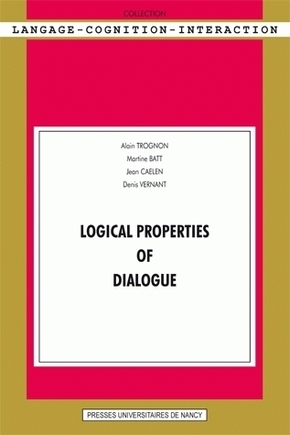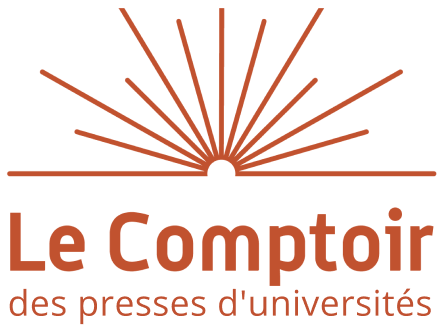
Logical properties of dialogue
Martine BATT,Jean CAELEN,Alain TROGNON,Denis VERNANTCollection
Langage, cognition, interactionDate de publication
21 mars 2011Résumé
A sa manière, cet ouvrage répond à l'appel de Barth (1985) et Krabbe (1993) : " logicians should cooperate with other specialists (linguists, psychologists, philosophers) to broach empirical studies of recent and past discussions and of arguments actually deployed. In this one does not have to start from scratch: there is growing evidence that the study of real life discussions and the arguments discussants actually use, arguments that often deal with urgent questions of a social and personal sort. " Ici philosophes, informaticiens et psychologues partagent le même objet d'investigation, une approche logique du dialogue, et présentent des modèles dialogiques à la caractéristique commune de pouvoir servir d'outil d'analyse à des corpus issus de situations réelles et d'ac ...
Lire la suite
FORMAT
Livre broché
20.00 €
Ajout au panier /
